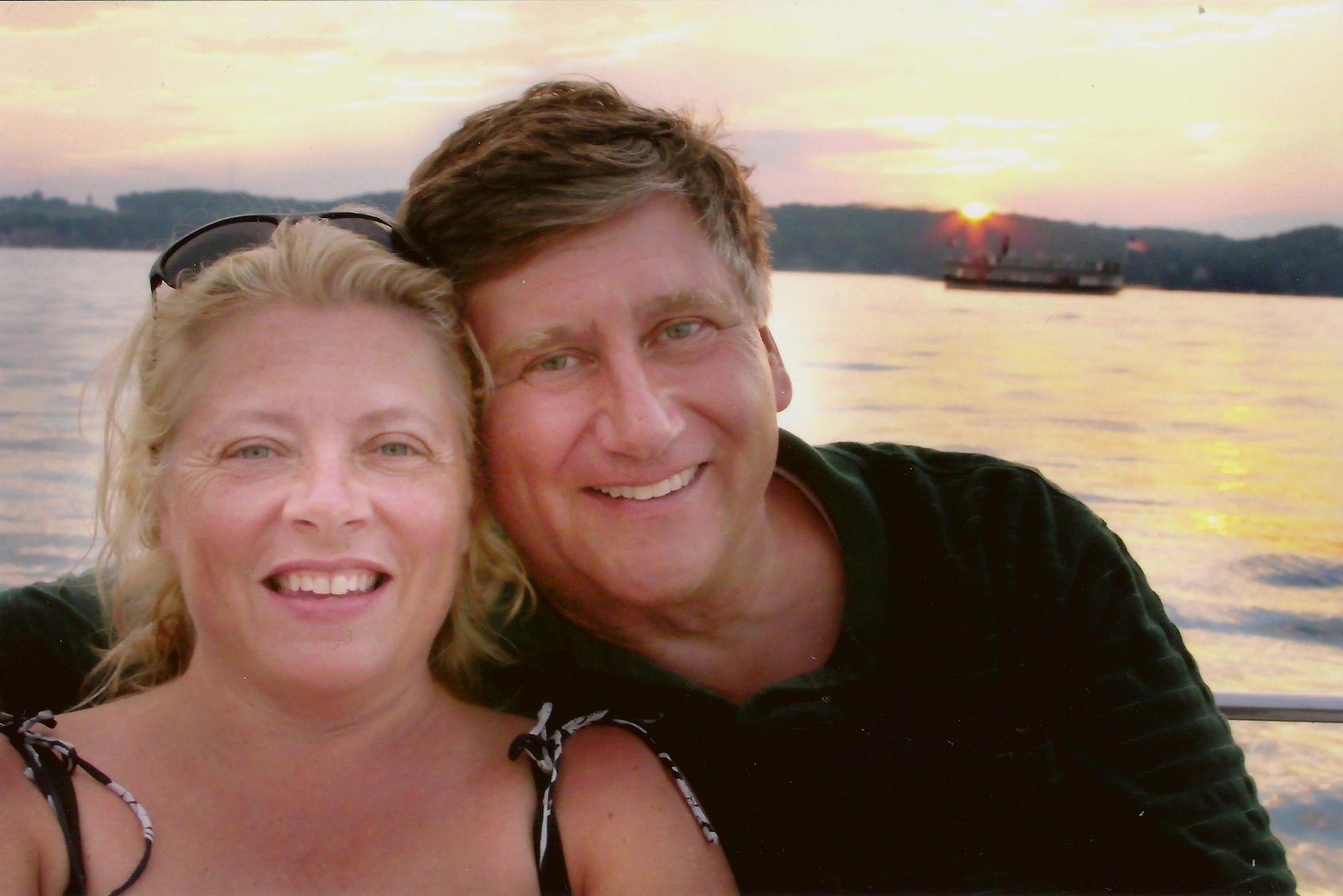BookLook
review by Debbie Balzotti
I
love anomalies don’t you? To save you having to look up anomaly let me just
help you out with a definition as it applies to archaeology. It’s when someone
finds something like an ancient cave that seems to contain Egyptian style
artifacts in North America .
The
main character in “The Mounds Anomaly” novel is an eccentric, sarcastic, middle-aged
archaeology professor named Mathilda (Matt) Howard. She’s exactly like Indiana
Jones – except for a few major differences. He’s good-looking and dashing and well,
she’s not. They both share a devotion to ancient ruins and artifacts but while
Indy travels to exotic international locations, Matt goes to farms, sheds and
gullies in the USA Illinois
In
the fictional story, Matt Howard discovers that the Smithsonian Institute
suppressed and even destroyed evidence from mounds found in North America . The conspiracy apparently continues despite
thousands of artifacts collected from the mounds. Huh.
I
confess that I spent some time on the internet after I finished the book to
check the facts. I came across this reference to a famous Smithsonian annual
report: “Cyrus Thomas, the Bureau's appointed head of the Division
of Mound Exploration, eventually published his conclusions on the origins of
the mounds in the Bureau's Annual Report of 1894. It is considered to be the last word
in the controversy over the Mound builders' identities. After Thomas' publication,
scholars generally accepted that varying cultures of prehistoric indigenous
peoples, Native Americans,
were the Mound builders.”
Were the mound builders Native Americans
or an earlier culture which had arrived on boats from the east as Gunderson suggests in her novel? I’m more
curious now about ancient American history which I suspect is exactly what the
author intended.


No comments:
Post a Comment